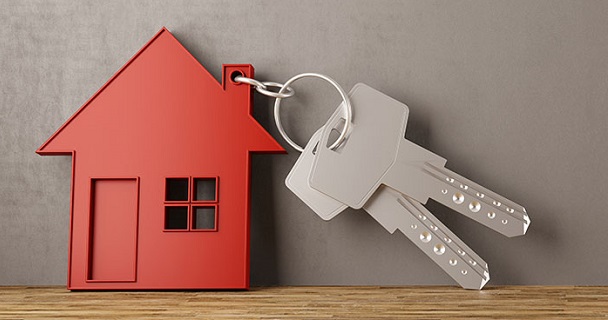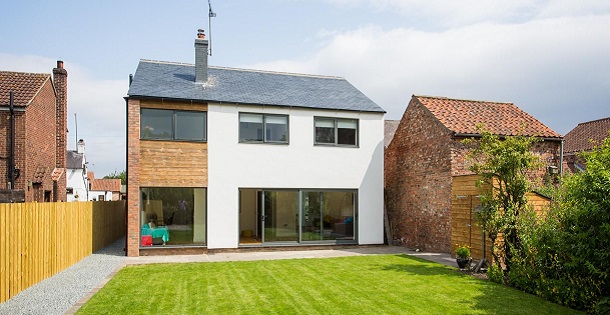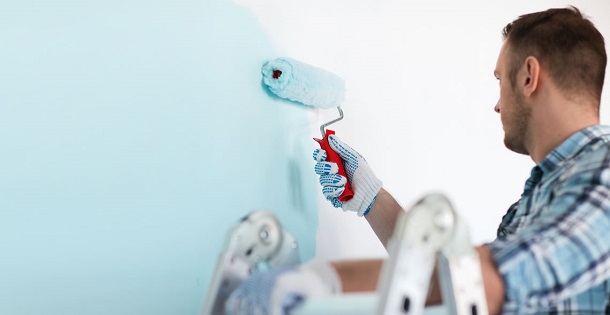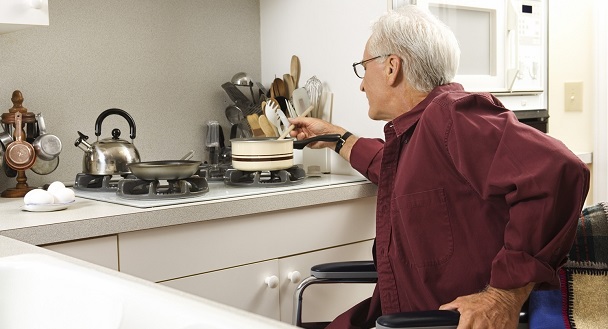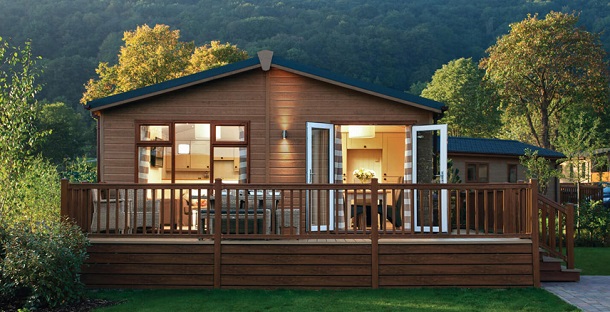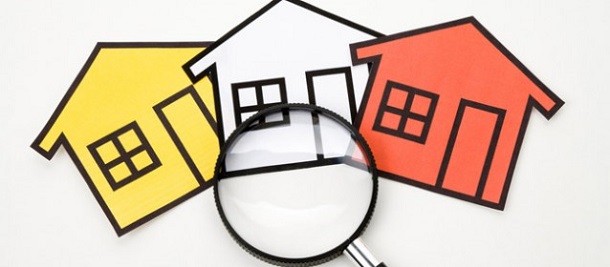
Knowing if your property is leasehold or freehold might seem like technical legal jargon, but actually, it is one of the most important things that you should know about your own home. It can be the difference between owning your home outright and having a landlord for your property.
There are a few different ways you can own a property, and each way comes with different responsibilities and costs associated. This guide will cover everything you need to know about what leasehold and freehold are and what they mean for property owners.
What Is Freehold?
If you own your property as a freehold, it means that you own the building itself as well as the piece of land it stands on outright. It is all legally owned by you is registered in your name as the ‘freeholder’. It is generally the preferred option as you own everything yourself, without having to worry about a third party being involved.
When you have a freehold property, you are fully responsible for maintaining the property and the land it is on, which can be costly. Most houses are bought on a freehold basis, but you should always double check as it is possible that a house might be for sale on a leasehold basis.
If you do own your property as a freeholder, you will likely incur additional maintenance costs should something go wrong with the building or land. It is your responsibility to maintain this, so it is often worth budgeting for this when you are deciding which property to buy.
What Is A Leasehold?

A leasehold is another way of owning a property instead of freehold. Leasehold means that you have a lease from the freeholder or landlord to use the property for a number of years. These leases are generally very long term and can be anywhere between 40 years to 999 years.
If you buy a property as a leaseholder, you will have a contract with the freeholder that sets out all the legal responsibilities and rights of both parties. In most cases, the freeholder will be responsible for maintaining the common areas of a building, such as entrance halls and stairways.
Leaseholders will need to pay a maintenance fee and annual service charge to the freeholder. In most cases, if you are buying a flat or property in a shared building, then it will be on a leasehold basis.
If you own your home as a leaseholder, there are often restrictions on what you can do to the property. If you want to undergo any major works on the property, then you will need to get permission from the freeholder. You could also be limited in other ways, such as not being allowed to sublet or own pets.
Pros And Cons Of Freehold Vs Leasehold
Freehold is often seen as the best option for purchasing a property, but both freehold and leasehold properties come with their own advantages and disadvantages. You should be fully aware of all the benefits and drawbacks of a freehold vs leasehold if you are considering purchasing a property of your own.
Advantages Of Freehold Over Leasehold
1. You own the property outright when it is freehold. This means you can do whatever you please to the property without having to ask a leaseholder for permission.
2. There is no lease involved with freehold, so you can live in the property for as long as you please. Leasehold properties will come with a limited lease.
3. Once you own the property as a freeholder, there are no additional charges such as ground rent, service charges or other leasehold costs.
Advantages Of Leasehold Over Freehold
1. When you buy a freehold property, you will often have to put down a higher deposit than with leasehold. Usually, this will be at least 10% of the property purchase price.
2. You are responsible for all maintenance that needs to be done on the property itself or the land it is on when you own as a freeholder. This can result in unexpected costs for repairs or general maintenance work. As a leasehold, the landlord will be responsible for these costs.
3. Freehold properties are often more expensive than leasehold. This is mainly because you are buying more than just the use of the property, you are buying the land as well.
Freehold is the most popular way of selling a house, and the majority of houses you see for sale will be on a freehold basis. This is because they are standalone properties and include the land they are on.

